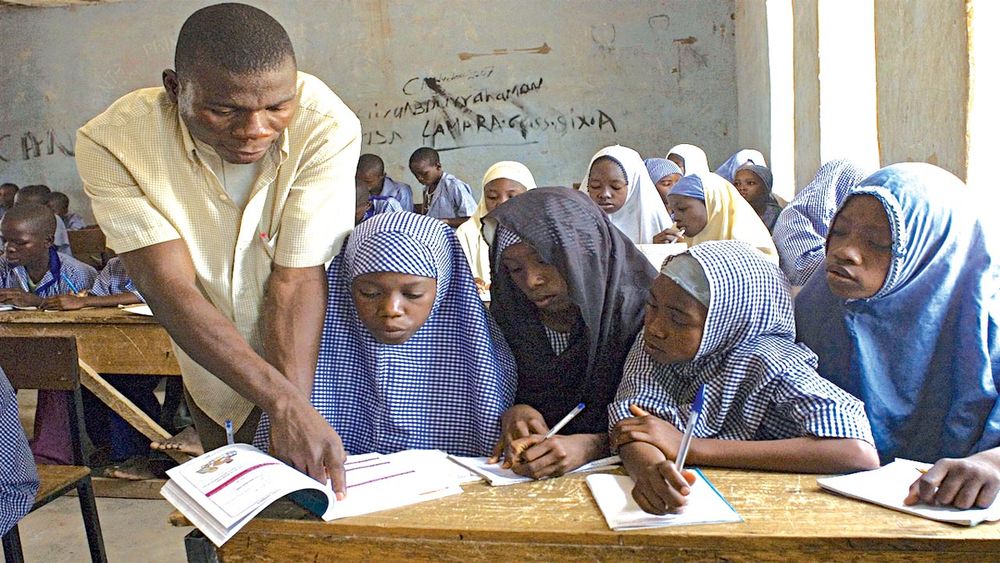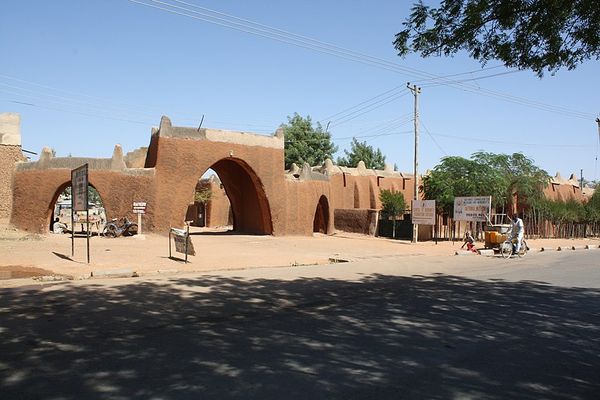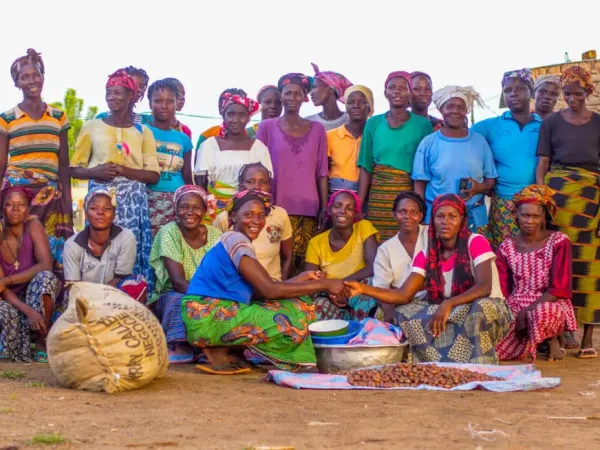Low number of female pupils in Katsina worries stakeholders
With about 536,132 out-of-school children in Katsina State, stakeholders in the education sector have expressed concerns over the low enrolment of girls in schools in the North West state.
They traced the high number of out-of-school children in the state to the high rate of poverty, violence and cultural norms.
The stakeholders spoke at a media dialogue on Girls’ Education Project (GEP-3), organised by the United Nations Children’s Fund (UNICEF), in collaboration with Katsina State Universal Basic Education Board (SUBEB), with funding from the Foreign Commonwealth Development Office (FCDO).
Education specialist with UNICEF, Kano Field Office, Muntaka Mukhtar, revealed that out of the 536,132 out-of-school children in Katsina, 267,000 are girls.
According to him, primary schools in the state outnumber junior secondary schools.
“This data is not from UNICEF, but according to the Universal Basic Education Commission (UBEC).
“Girls’ education goes beyond getting girls into school; it includes ensuring that girls learn and feel safe while in school. It also includes having the opportunity to complete all levels of education, acquiring the knowledge and skills to compete in the labour market, gaining socio-emotional and life skills necessary to navigate and adapt to a changing world, making decisions about their lives and contributing to their communities and the world,” Mukhtar added.
Katsina lags behind on equal school attendance among boys and girls, he said, adding that common gender norms put girls at a disadvantage, which he said led them to drop out of school at higher rates.
He said: “Prioritising education for girls ensures better educated women, who tend to be more informed about nutrition and healthcare, having fewer children, marrying at a mature age.
“Educated girls are better equipped to become healthier, more prosperous adults, with smaller families and children, who are less at risk of illness and death and more likely to succeed.”
The Emir of Daura, Umar Faruk, who also regretted the low school enrolment status in the state, said the emirate was intensifying efforts in sensitising parents on the need to send their female children to school.
The monarch, who spoke when journalists visited his palace as part of the field trip, insisted that matters concerning enrolment and attendance of the female child were of serious concern.
UNICEF Senior Education Manager of Kano, Micheal Banda, said the UN agency through the FCDO GEP3-funded project, was partnering with the media to address transition challenges in girls’ education from primary to junior secondary school.




